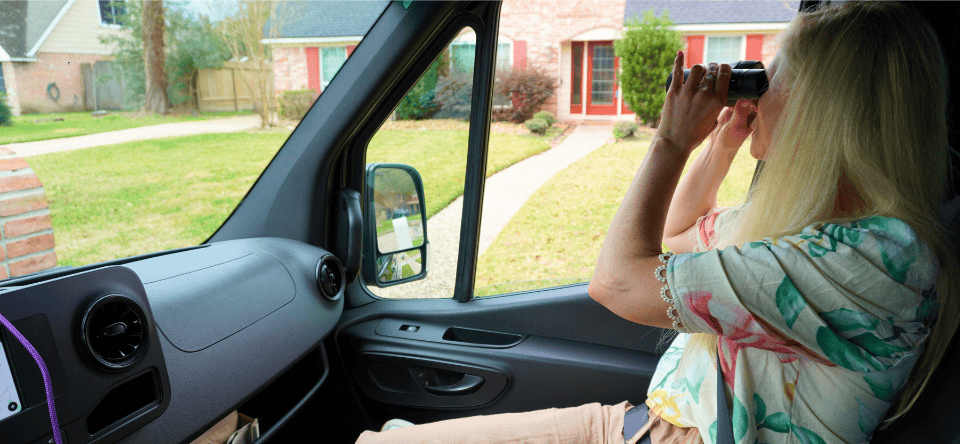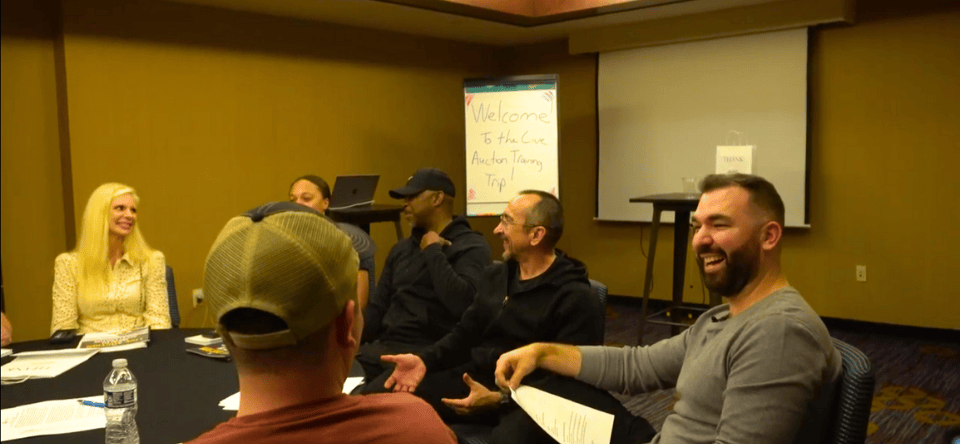Last Updated on September 7, 2025
Table of contents
Arizona Tax‑Lien Investing Guide: Key Dates, Rules and Tips
Investing in Arizona tax liens involves buying unpaid property taxes and earning interest on your money. The state sets the maximum bid rate at 16 % simple interest. If the property owner or another party does not redeem the lien within three years, you can begin foreclosure proceedings. In this guide we explain the process, share expert tips and provide links to county resources so you can confidently participate in Arizona tax‑lien auctions.
Why invest in Arizona tax liens?
Short answer (≈60 words): Arizona is attractive because bids start at 16 % simple interest, auctions are increasingly online, and the three‑year redemption window provides a predictable timeline. Most liens are redeemed (estimates run 90–95 %), so investors often receive interest without acquiring the property. The possibility of taking ownership after three years adds a potential upside.
Discussion: By paying delinquent taxes, you help counties fund services. In return, the owner must reimburse you plus interest. Interest accrues monthly and is not compounded, so you know your exact return. If the lien is redeemed early, the county sends your principal and accrued interest; if not, you may foreclose with an attorney. Because anyone with a legal or equitable interest can redeem the lien, most investors treat tax liens as a fixed‑income asset.
When are Arizona tax‑lien auctions held?
Short answer (≈65 words): Most Arizona counties hold their tax‑lien auction once a year—often in February. For example, Pima County’s 2025 registration runs from 3 Feb – 20 Feb 2025 and the online sale occurs on 27 Feb 2025. Each county posts its list of delinquent parcels at least two weeks before the sale. Always confirm dates with the county treasurer.
Discussion: Auction dates vary by county and may change each year. Counties such as Pima and Maricopa use RealAuction.com, which allows remote bidding. You must register before bidding and provide payment information. A table summarizing upcoming auctions helps you plan:
| County | Registration period (2025) | Auction date | Starting interest | Notes |
| Pima | Feb 3 – Feb 20 | Feb 27 | 16 % | Online via RealAuction; 1 % bid increments |
| Maricopa | Early Feb (exact dates vary) | Mid‑Feb | 16 % | Completely online; see county site |
| Graham | February | Mid‑Feb | 16 % | Bidders register on sale day; assign bidder numbers |
How does the auction process work?
Short answer (≈70 words): Arizona uses a descending‑interest auction. Bids start at 16 % and drop in 1 % increments. The bidder willing to accept the lowest interest wins the lien and must pay the full amount immediately. A 0 % bid is allowed, but accepting no interest ties up your funds for up to three years, so we avoid 0 % bids.
Discussion: At the auction you are bidding on the interest rate, not on a purchase price. The full amount due includes the base tax, accrued interest, penalties and fees. If you win, you will receive a Certificate of Purchase, which is recorded by the county. Keep track of your certificates in a spreadsheet; note the parcel number, interest rate, purchase date and redemption deadline. Some counties charge processing and auction fees (Pima County charges $1–$10 per parcel).
Equal priority of liens
Arizona liens have equal priority, meaning your lien will not wipe out earlier liens. If you want to foreclose, you must pay any prior liens. Always check for older tax liens, mortgages or IRS liens before bidding.
What are the redemption rules?
Short answer (≈70 words): Property owners—or anyone with a legal or equitable interest—may redeem a tax lien at any time during the three‑year redemption period. They must pay the taxes, interest and fees to the treasurer. After three years, the lienholder may initiate foreclosure in superior court.
Discussion: Because anyone can redeem, most liens are repaid. Investors must hold the certificate for three years before filing for a deed. If redemption occurs, the investor receives the principal plus the bid interest, prorated monthly. To maintain priority, you may need to pay subsequent taxes (after June 1) and add them to your certificate, earning interest at the same rate.
How should you prepare for the auction?
Learn each county’s rules, research properties thoroughly, set a target rate and budget, and diversify your bids. Visit properties when possible or hire a local inspector. Use online maps and county GIS tools to verify access and condition. Do not bid on a property you haven’t researched.
Steps to prepare:
- Study county rules and register
Read the treasurer’s bidding rules and note registration deadlines. Some counties assign bidder numbers on sale day.
- Research the property
Use the delinquent parcel list to check parcel numbers and owner names. Verify assessed value through county assessor records and check for additional liens or environmental issues. Hire someone local or visit in person to confirm condition (roof, foundation, access). Satellite images can help, but they may be outdated.
- Compare market values
Look up comparables on sites like Zillow, Realtor.com or the county GIS. Blend assessed values with recent sales to estimate true value.
- Set your bid strategy
Decide the minimum interest rate you will accept and the maximum capital to commit. Don’t accept 0 %. Diversify across multiple properties and counties to manage risk.
- Prepare funds
Auctions usually require payment by 2 p.m. on sale day. Bring cash or certified funds or make sure your online account is funded.
Expert tips for beginners
- Watch out for fees. County fees and sale fees add to your investment. Factor these into your returns.
- Understand you are buying a lien, not a property. A Certificate of Purchase gives you the right to collect taxes and interest; it doesn’t convey ownership until foreclosure.
- Avoid zero‑percent bids. Tying up funds for three years with no return is rarely worth it.
- Check remote parcels carefully. Some parcels may lack road access or utilities. Use maps and call local authorities to confirm.
- Stay organized. Maintain a spreadsheet of all certificates, including interest rate, purchase date and redemption deadline, to avoid missing important dates.
Frequently asked questions (FAQ)
No. Most counties use online auction platforms, so investors from anywhere can bid. However, you must conduct thorough due diligence from afar and comply with registration requirements.
es. Arizona law allows the property owner, any person acting on behalf of the owner or anyone with a legal or equitable claim—including other lienholders—to redeem the lien. Because of this, most liens are redeemed.
If the owner or another party pays off the lien before three years, you receive your principal plus accrued interest at your bid rate. The county processes the redemption and sends payment to you.
Registration procedures differ by county. Pima County requires online registration at RealAuction.com with specific deadlines. Graham County assigns bidder numbers on sale day. Always check the treasurer’s website for forms, fees and deadlines.
Conclusion and next steps
Arizona’s tax‑lien auctions offer fixed‑interest returns and the possibility of owning property for a fraction of market value. By understanding the bidding process, redemption rules and research requirements, you can participate confidently. Visit the county treasurer websites for official bidding rules and dates.
Naturally, you can deepen your knowledge by reading our related guides—for instance, How to Pick Properties for Tax Deed Sales? and Learn More About Partnering with Us on Deals!—which discuss property selection and partnership strategies.Finally, if you want personal help getting started, we offer a free mini course and a free call to walk you through your first deal. Visit our Free Resources page or Book a Call to take the next step toward earning 16 % returns through Arizona tax‑lien investing









